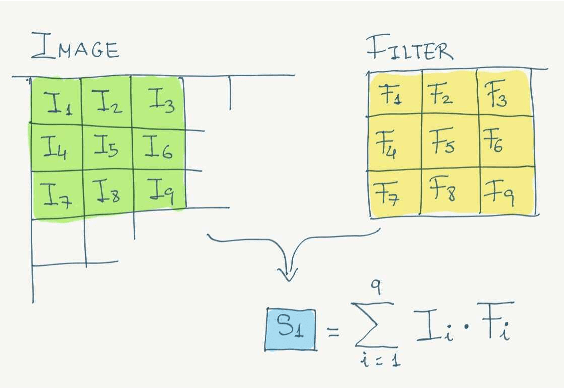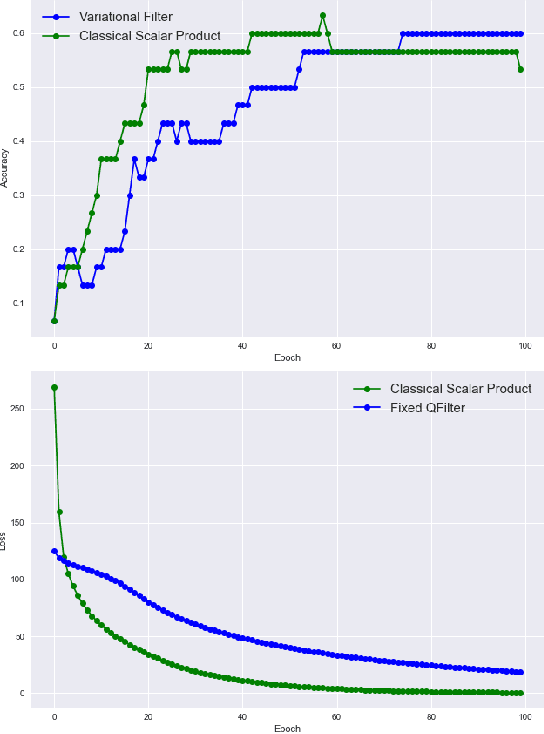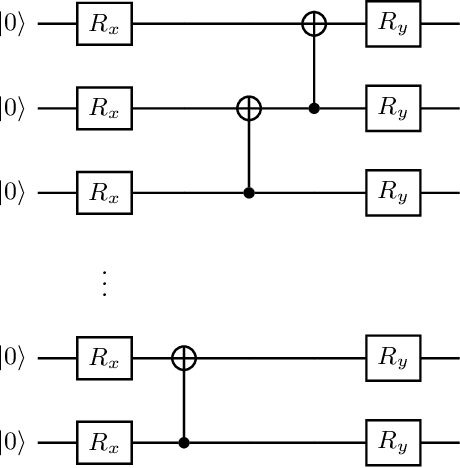Parfait Atchade-Adelomou
Quantum Machine Learning hyperparameter search
Feb 20, 2023Abstract:This paper presents a quantum-based Fourier-regression approach for machine learning hyperparameter optimization applied to a benchmark of models trained on a dataset related to a forecast problem in the airline industry. Our approach utilizes the Fourier series method to represent the hyperparameter search space, which is then optimized using quantum algorithms to find the optimal set of hyperparameters for a given machine learning model. Our study evaluates the proposed method on a benchmark of models trained to predict a forecast problem in the airline industry using a standard HyperParameter Optimizer (HPO). The results show that our approach outperforms traditional hyperparameter optimization methods in terms of accuracy and convergence speed for the given search space. Our study provides a new direction for future research in quantum-based machine learning hyperparameter optimization.
Fourier series weight in quantum machine learning
Jan 31, 2023



Abstract:In this work, we aim to confirm the impact of the Fourier series on the quantum machine learning model. We will propose models, tests, and demonstrations to achieve this objective. We designed a quantum machine learning leveraged on the Hamiltonian encoding. With a subtle change, we performed the trigonometric interpolation, binary and multiclass classifier, and a quantum signal processing application. We also proposed a block diagram of determining approximately the Fourier coefficient based on quantum machine learning. We performed and tested all the proposed models using the Pennylane framework.
Quantum Algorithms for solving Hard Constrained Optimisation Problems
Feb 26, 2022



Abstract:The thesis deals with Quantum Algorithms for solving Hard Constrained Optimization Problems. It shows how quantum computers can solve difficult everyday problems such as finding the best schedule for social workers or the path of a robot picking and batching in a warehouse. The path to the solution has led to the definition of a new artificial intelligence paradigm with quantum computing, quantum Case-Based Reasoning (qCBR) and to a proof of concept to integrate the capacity of quantum computing within mobile robotics using a Raspberry Pi 4 as a processor (qRobot), capable of operating with leading technology players such as IBMQ, Amazon Braket (D-Wave) and Pennylane. To improve the execution time of variational algorithms in this NISQ era and the next, we have proposed EVA: a quantum Exponential Value Approximation algorithm that speeds up the VQE, and that is, to date, the flagship of the quantum computation. To improve the execution time of variational algorithms in this NISQ era and the next, we have proposed EVA: a quantum Exponential Value Approximation algorithm that speeds up the VQE, and that is, to date, the flagship of the quantum computation.
Quantum Enhanced Filter: QFilter
Apr 07, 2021



Abstract:Convolutional Neural Networks (CNN) are used mainly to treat problems with many images characteristic of Deep Learning. In this work, we propose a hybrid image classification model to take advantage of quantum and classical computing. The method will use the potential that convolutional networks have shown in artificial intelligence by replacing classical filters with variational quantum filters. Similarly, this work will compare with other classification methods and the system's execution on different servers. The algorithm's quantum feasibility is modelled and tested on Amazon Braket Notebook instances and experimented on the Pennylane's philosophy and framework.
quantum Case-Based Reasoning (qCBR)
Apr 01, 2021



Abstract:Case-Based Reasoning (CBR) is an artificial intelligence approach to problem-solving with a good record of success. This article proposes using Quantum Computing to improve some of the key processes of CBR defining so a Quantum Case-Based Reasoning (qCBR) paradigm. The focus is set on designing and implementing a qCBR based on the variational principle that improves its classical counterpart in terms of average accuracy, scalability and tolerance to overlapping. A comparative study of the proposed qCBR with a classic CBR is performed for the case of the Social Workers' Problem as a sample of a combinatorial optimization problem with overlapping. The algorithm's quantum feasibility is modelled with docplex and tested on IBMQ computers, and experimented on the Qibo framework.
 Add to Chrome
Add to Chrome Add to Firefox
Add to Firefox Add to Edge
Add to Edge